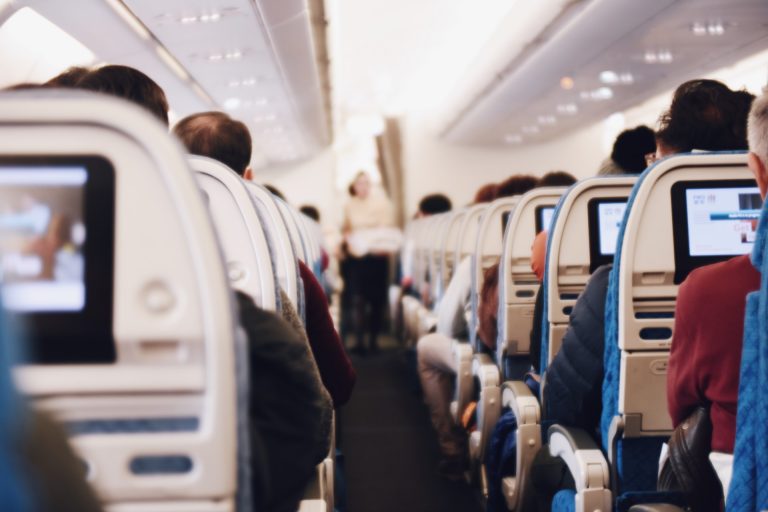The Biden administration remains unwilling to take a stand on mandatory vaccination and testing for domestic travel. That was the impression left by spokesman Jen Psaki’s ambiguous reply at a press briefing last Friday.
“We are always looking at more we can do to protect and save lives.” It’s all she said when asked if President Biden would consider a vaccine mandate for domestic flights.
In recent weeks, lawmakers from different states have voiced the necessity of enforcing proof of vaccination or Covid-19 testing for interstate travel.
“A lot of people thought once we got the vaccine, everything was going to be fine. The pandemic was going to be over, and we’d be back to normal,” lamented Rep. Dina Titus (D-Nev.). “Well, we’re not back to normal.”
As part of an integrated strategy to reduce the multitudinous impacts of the pandemic, last Thursday Rep. Don Beyer (D-Va.) unveiled legislation called “the Safe Travel Act” to require all U.S. Amtrak rail and airline travelers, employees, contractors, and subcontractors to submit proof of vaccination or a negative COVID-19 test to allow them to get on board.

Beyer brought up United Airlines’ (UAL.O) decision to demand crew members to get tested for Covid-19 or face termination, as an example to follow suit.
“Americans want a return to normal that includes traveling for business or pleasure, and Congress can help make people comfortable traveling again by putting basic requirements in place that prevent the spread of COVID,” Beyer said in a statement.
Who’s pro and who’s against
Last week, Fox News published a Gallup poll showing that about 61% of Americans would support enforcing a vaccine or test requirement for domestic travel.
However, the support does not come in equal numbers when it comes to Democrats and Republicans as well as the vaccinated and unvaccinated.
Some 96% of vaccinated Democrats and 48% of vaccinated Republicans would support the new policy.
Conversely, 66% of unvaccinated Democrats and 12% of unvaccinated Republicans would agree.
American Airlines Group Inc. CEO Doug Parker told the New York Times about the logistic difficulties the policy would bring to domestic travel if approved.
“Even if we decided that was something we wanted to do, that would be incredibly cumbersome to do inside the United States,” he said. “It wouldn’t be physically possible to do without enormous delays in the airline system,” Parker added.

